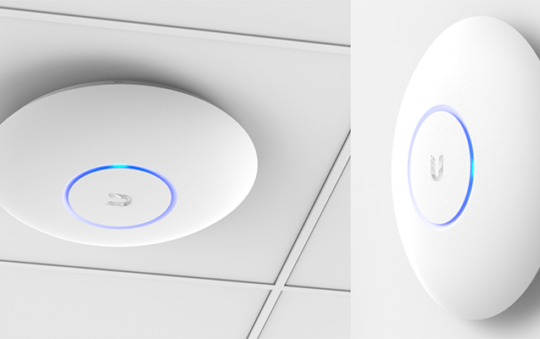Ethernet cables are often thought of as just devices for connecting computers to local networks. However, there are several alternative uses for these versatile cables that can be quite helpful in a variety of situations.
In this blog post, we will discuss three unique ways to put your Ethernet cables to use.
1. Power over Ethernet (POE)
POE stands for Power over Ethernet, which is used to power a variety of equipment such as CCTV cameras and wireless access points.
Another benefit of POE is that a separate power supply isn’t required, which is particularly advantageous for when you’re installing CCTV cameras and the like in locations that are far from the nearest power source.
A POE switch or a power injector are required if you’re using the BMS on an AC line; both are inexpensive.
2. USB over Ethernet
USB over Ethernet, also known as USB 3.0 over Ethernet or USB Type-C over LAN, is a professional software solution that allows users to use USB devices remotely via a LAN, Internet, or any other network connection.
USB over Ethernet allows you to share USB gadgets across IP networks. You can use a shared USB device just as you would if it was plugged into your computer.
USB cables are usually short (less than 6 feet / 2 meters), but you can use a simple adaptor to use an Ethernet cable to increase the length of the cable.
This is useful for connecting devices that are in difficult-to-reach places, or if you simply need a longer cable.
You can buy a USB over Ethernet adaptor for around $20.
3. HDMI over Ethernet
HDMI cables are limited to about 15m in length because of their makeup, which isn’t a problem most of the time; however, there are times when you’ll need it to stretch a little further.
In this situation, you may use an HDMI over Ethernet converter to enhance the signal and extend its range far beyond what is possible with a standard HDMI cable.
This is useful for connecting a Blu-ray player, game console, or another HDMI device to an HDTV that’s in another room.
An HDMI over Ethernet converter typically costs around $100.




